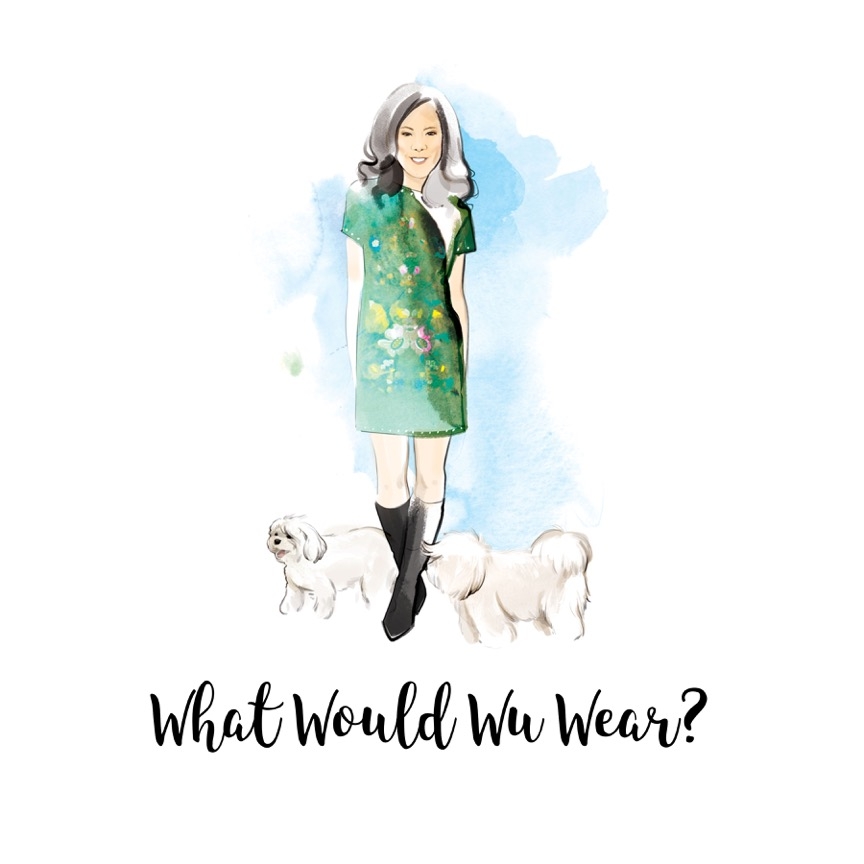Getting a Handle on My Blind Spots

There are these two young fish swimming along and they happen to meet an older fish swimming the other way, who nods at them and says "Morning, boys. How's the water?" And the two young fish swim on for a bit, and then eventually one of them looks over at the other and goes "What the hell is water?"
Whenever I get too comfortable and start thinking I’ve got things figured out, I try to remember this story, which is how the author David Foster Wallace opened up his extraordinary 2005 Commencement Address at Kenyon College.
The point of the story is that we all have our default states – the assumptions that form the background of our lives – and we rarely, if ever, question them. Put another way, we all have blind spots: the thing that’s obvious to others but that we, for whatever reason, can’t see.
I’m often reminded of my own blind spots when I travel and get to experience other cultures. The assumptions Americans make – about how to interact with strangers, what kind of service to expect at restaurants, when to eat the salad – are turned on their head when I travel.
But we don’t have to travel to see our blind spots. We just have to get outside of our bubbles.
I have a friend who was entertaining some two young sisters who shared a bedroom with their three siblings. She said she felt guilty showing off her newborn baby’s room because the baby had the room to herself while the five children all had to sleep in the same room.
“She sleeps in here all by herself?” one of the girls asked. “Isn’t she scared?”
What my friend thought was a luxury – an entire room dedicated to a single infant – was, in the children’s eyes, something verging on child abuse.
It’s the same experience I get whenever I talk to someone who grew up during the Depression. “We didn’t know we were poor,” one woman told me. “Nobody around us had any money, and we were just like them, so we didn’t have any reason to question the fact that we only had two outfits or that you only had meat once a week. That was just the way it was.”
It’s so hard, though, to see things we can’t see, to get past our default assumptions. Here are some ways I’m trying to get a handle on my blind spots:
Less talking, more listening: As a lawyer, words are the tools of my trade. But as any good lawyer (or doctor or hairdresser or any person in any job, really) will tell you, you get more good information from listening than from talking. But more important than simply listening with my ears, I’m trying to listen with my heart. That means taking the time to listen for what they’re not saying as much as what they are saying, and by making sure my phone is nowhere in sight.
Getting out of my bubble. Like every other human being, I spend my time with people who are pretty much like me (at least socioeconomically). But every time I get out of my bubble, I get a different perspective. I’m reminded of our common humanity, of course, but I also get a glimpse into the “water” of other people’s lives.
Guarding against unconscious bias: As an Asian-American woman, I can instantly detect when someone has made an assumption about me because of what they assume I’ll be like. I have a finely calibrated bias radar for things like that. My bias radar, however, sometimes only works one-way. I’m not always so aware when I’m making assumptions about others and, like every other person on this planet, I’m sure I do it all the time. I’m trying to check my assumptions at the door, though, and give every person I encounter the right to be an individual – just as I would like them to give me.
Seeking out a devil’s advocate. Especially when something is high-stakes – a proposal to a client or a delicate request to a colleague, for example – I’m trying consult with someone who can make sure I’m not making harmful assumptions. Fresh eyes can be quite valuable. Mind you, it’s easy to get caught up in second-guessing and navel-gazing, so it’s important not to take this too far. But sometimes I read about something that makes me think “Was there nobody in the room who could have warned them off this?” Hopefully, having a devil’s advocate in the room can help me avoid that fate.
Asking for feedback more often: This is the hardest one. Getting honest feedback is so important, but it can be hard to get. And even harder to hear. So I’m making a concerted effort to seek it out and, most importantly, to listen to it.
The philosopher Bertrand Russel said, “In all affairs, it’s a healthy thing now and then to hang a question mark on things you have long taken for granted."
I’m trying mightily to do just that.
If you have any suggestions for more ways to get past your own blind spots, please add them in the comments.
